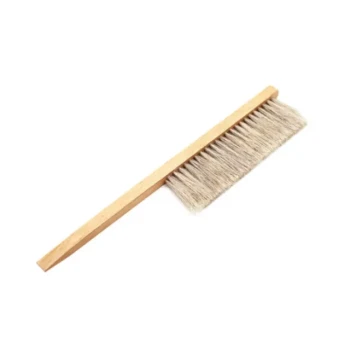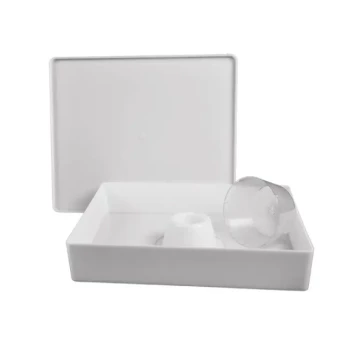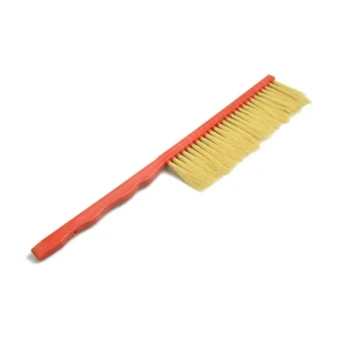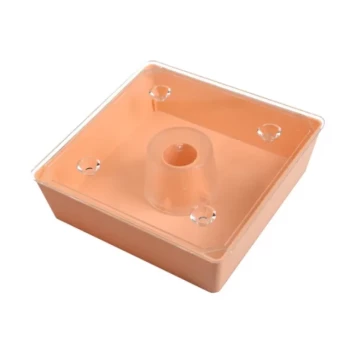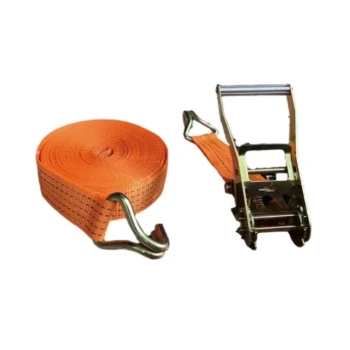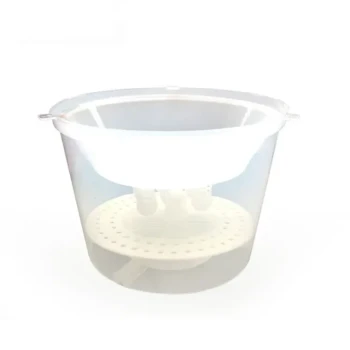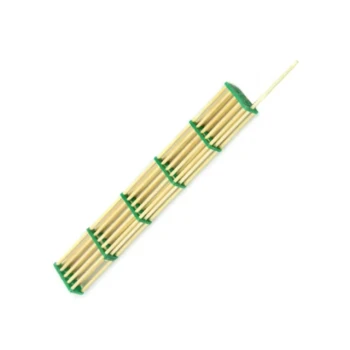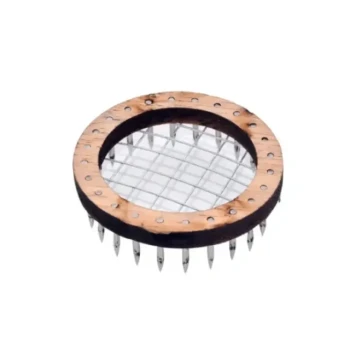Starting a beehive in your backyard is an achievable goal for many people, provided you do your research first. Yes, in most urban and suburban areas, you can keep bees, as they require surprisingly little space. However, success depends on understanding local regulations, choosing the right location on your property, and committing to the role of a responsible beekeeper.
While it's true that a hive only occupies a few square feet, successful backyard beekeeping is less about the physical space and more about responsible management. Your primary focus should be on local laws, hive placement, and good neighborly practices.
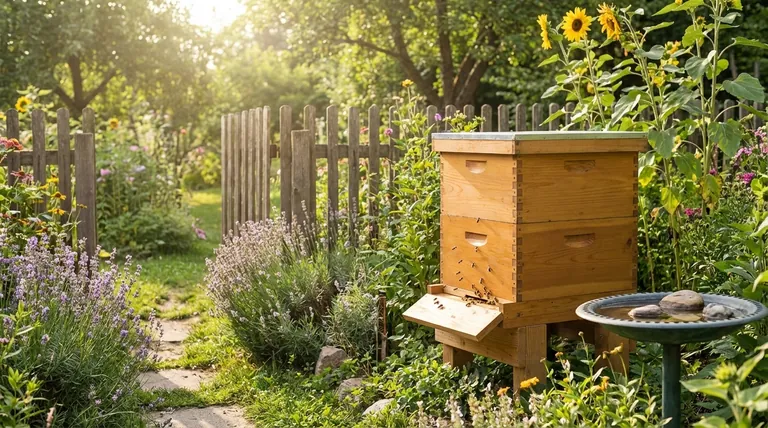
First, Verify Your Local Regulations
Before you buy any equipment, your first step is to confirm that beekeeping is permitted in your area. Rules can vary significantly between municipalities.
Why Ordinances Matter
Many cities, counties, and homeowners' associations (HOAs) have specific rules regarding beekeeping. These can include needing a permit, limiting the number of hives you can own, or requiring a certain setback from property lines. Ignoring these can lead to fines or being forced to remove your bees.
How to Find the Rules
The best place to start is a simple online search for "[your city or county] + beekeeping ordinance". You can also call your local planning or code enforcement department. Joining a local beekeeping association is another excellent way to get accurate, location-specific advice.
Essential Space and Placement Considerations
The phrase "a couple of square feet" from the reference is only partially true. While the hive itself has a small footprint, its placement is critical for the health of the bees and your relationship with your neighbors.
The Hive's Working Space
You need clear space on at least three sides of the hive to perform inspections and maintenance. A clear area of 3-5 feet around the hive is a good rule of thumb.
The Bees' Flight Path
Bees will exit the hive and ascend to a cruising altitude of about 10-15 feet. The area directly in front of the hive entrance will be a high-traffic zone. You must orient the hive entrance away from walkways, patios, and your neighbors' yards.
Using Barriers to Direct Flight
If space is tight, you can place a fence, hedge, or trellis about six feet in front of the hive entrance. This forces the bees to fly up and over the barrier, quickly getting them above head-height and out of your neighbors' way.
Key Environmental Needs
For a healthy and productive colony, your hive needs a location with morning sun to get the bees active, afternoon shade to prevent overheating, and protection from strong winds. A nearby water source, like a birdbath with stones for the bees to land on, is also essential.
Understanding the Real Commitments
Backyard beekeeping is a rewarding hobby, but it is an active commitment, not a "set it and forget it" activity. Understanding the trade-offs is crucial.
The Time Investment
You will need to inspect your hive regularly, especially during the spring and summer. Inspections can take anywhere from 15 to 45 minutes every 1-3 weeks. This is when you check for queen health, disease, and space needs.
The Financial Cost
The initial investment can be significant. Expect to spend on the hive body itself, protective gear (veil, suit, gloves), essential tools (hive tool, smoker), and the bees themselves. Costs can range from a few hundred to over a thousand dollars depending on the equipment you choose.
The Learning Curve
Beekeeping is a form of livestock management. You are responsible for the health and well-being of thousands of creatures. It is highly recommended to take a beginner's course or find a mentor through a local beekeeping club before you start. This will dramatically increase your chances of success.
How to Get Started Responsibly
Your approach should be guided by your primary goal for keeping bees.
- If your primary focus is straightforward honey production: A standard Langstroth hive is the most common, modular, and cost-effective option with a wealth of available information.
- If your primary focus is convenience: A Flow Hive simplifies honey extraction, but comes at a premium price and may reduce your hands-on experience with some aspects of hive management.
- If you are new and want to learn first: The absolute best first step is to join a local beekeeping club and take an introductory class before you purchase any bees or equipment.
With careful planning and a commitment to learning, you can successfully and responsibly bring the world of beekeeping right into your own backyard.
Summary Table:
| Key Consideration | What You Need to Know |
|---|---|
| Local Regulations | Check city/county ordinances and HOA rules for permits, hive limits, and setbacks. |
| Space & Placement | Hive needs 3-5 ft of working space. Orient entrance away from traffic; use barriers to direct bee flight paths upward. |
| Environmental Needs | Morning sun, afternoon shade, wind protection, and a nearby water source are essential. |
| Time Commitment | Regular hive inspections (15-45 mins every 1-3 weeks) are required, especially in spring/summer. |
| Financial Cost | Initial investment for hive, gear, tools, and bees can range from a few hundred to over a thousand dollars. |
Ready to start your beekeeping journey with confidence?
HONESTBEE is your trusted partner, supplying commercial apiaries and beekeeping equipment distributors with the high-quality, durable supplies needed for success. Whether you're a new hobbyist scaling up or an established distributor, we provide the reliable equipment that forms the foundation of a thriving hive.
Contact our expert team today to discuss your needs and discover how our wholesale-focused operations can support your beekeeping goals.
Visual Guide
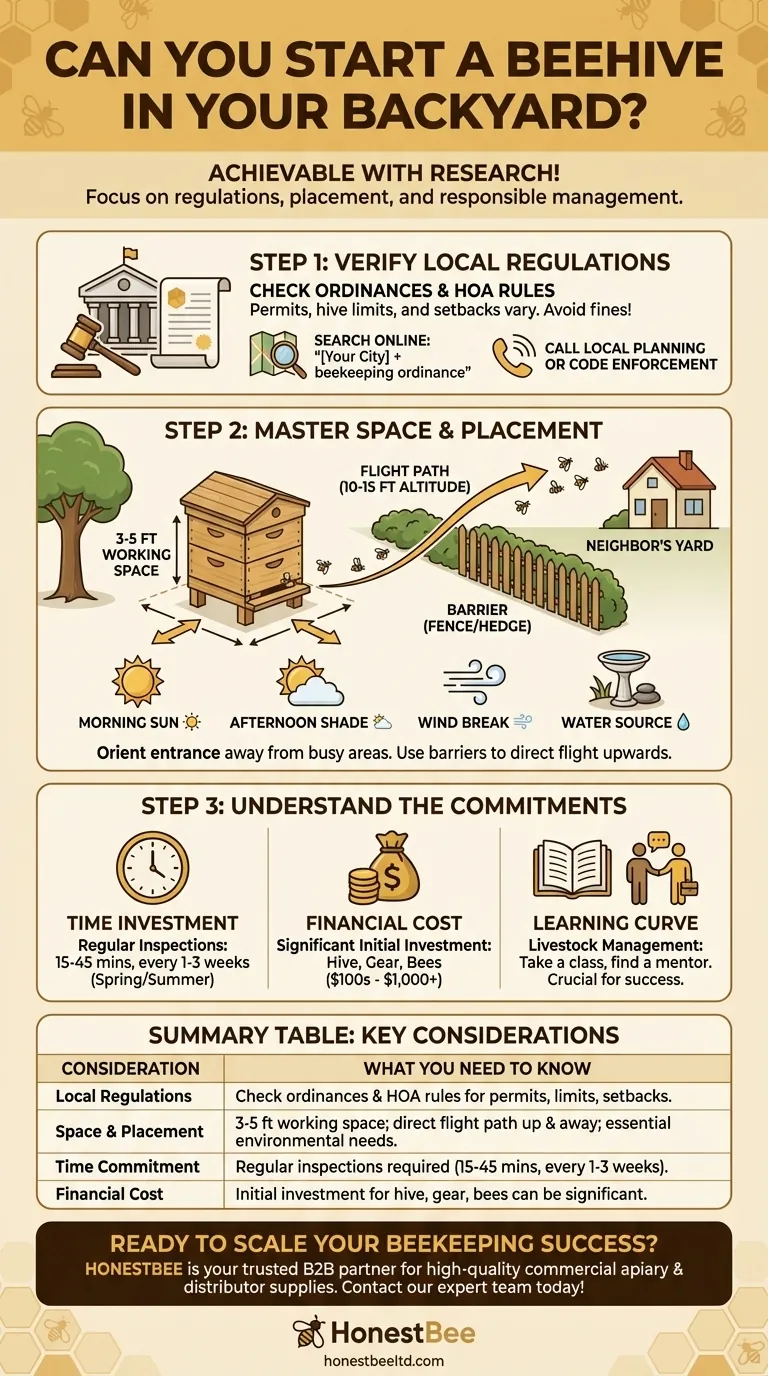
Related Products
- Professional Galvanized Hive Strap with Secure Locking Buckle for Beekeeping
- Wooden Bee Brush with Double-Row Horsehair Bristles
- Professional Engraved Round Hive Number Tags for Beekeeping
- Black Plastic Beetle Barn Hive Beetle Trap for Beehives
- HONESTBEE Professional Hive Top Bee Feeder Feeding Solution
People Also Ask
- What technical challenges are addressed by mechanized transportation tools? Optimize Your Beekeeping Logistics
- Why are specific colors such as blue, white, and yellow used for painting beehive exteriors? Boost Colony Navigation
- What are the advantages of using high-quality pollen substitutes? Boost Colony Resilience and Immune Health
- How does climate influence the choice of hive for beekeepers? Optimize for Moisture & Temperature Control
- What are the benefits of using wooden hives or bio-mimetic logs for stingless bees? Optimize Pollination & Yield
- How does the placement of mobile beehives within an orchard influence the results of the pollination process? Maximize Yield
- Why is a high-resolution external sound card required for the digitization of bee humming sounds? Expert Guide
- Which type of bee hive is best? Find the Perfect Hive for Your Beekeeping Goals

